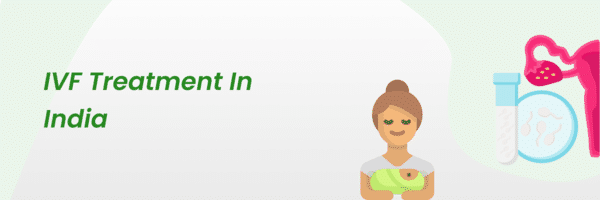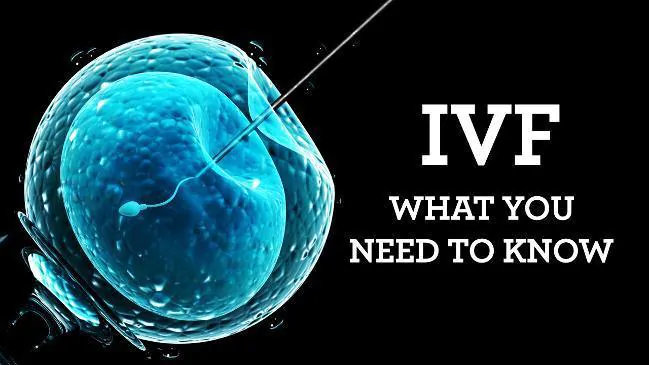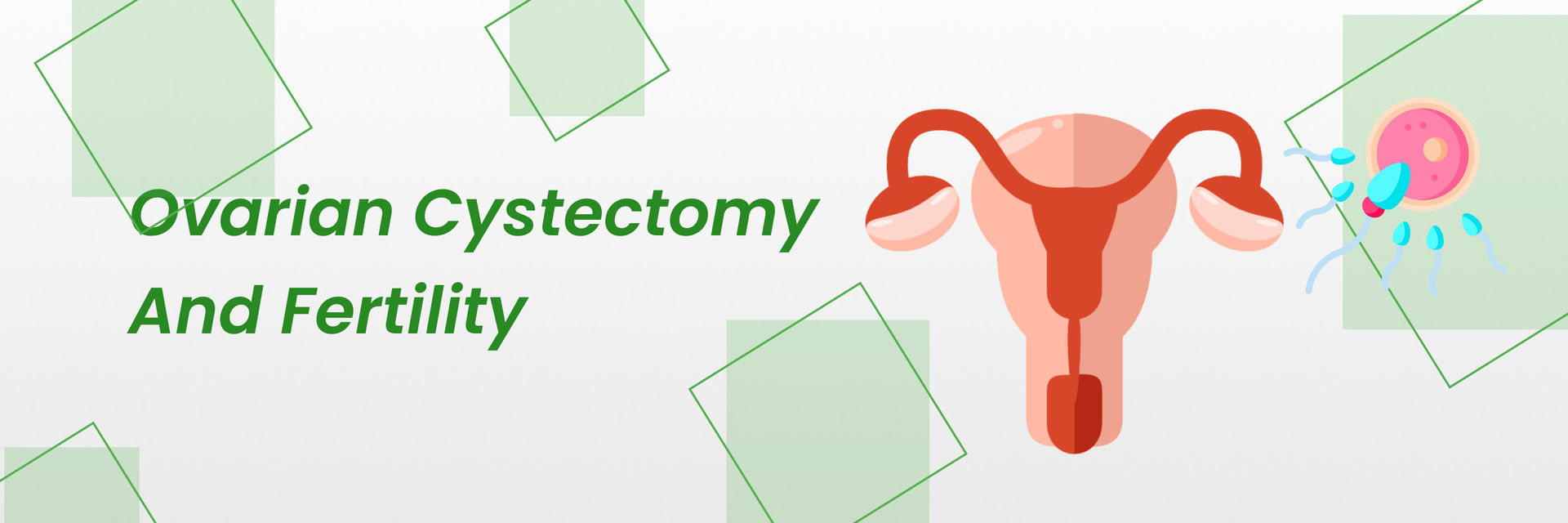Is IVF and ICSI the same technique ???
Usually, most of us have questions related to IVF specially the ones who are not able to conceive naturally. Moreover,many people are confused between these two techniques(ICSI and IVF). However, both the treatments have good success rates. But, there is a major difference in technique when it comes to fertilization of the egg outside the body . In ICSI the individual sperm is directly injected into the egg to help it fertilize.
So, exactly what is ICSI? And how this treatment is different from the conventional IVF ?
Dr. Alex Polyakov, Clinical Director of Melbourne IVF, says that -
ICSI is a specialized form of in vitro fertilization (IVF) that is used primarily for the treatment of severe cases of male-factor infertility. ICSI involves the injection of a single sperm directly into a mature egg.
In conventional IVF, the eggs and sperm are mixed together in a petri dish and the sperm fertilizes the egg naturally. However, in ICSI, a single sperm is selected and injected directly into the egg. This method bypasses the natural fertilization process and is used in cases where the sperm may not be able to penetrate the egg on its own.
There are many couples from all around the world who are facing issues while conceiving and one of the reasons for infertility is sperm-related. The treatment which is most common and successful for male infertility is ICSI (intracytoplasmic sperm injection).
IVF and ICSI both are types of assisted reproductive treatment (ART).
The main reason for ICSI to come into the picture is when IVF treatment fails in the case of severe male infertility. Also, the other reasons that are nowadays seen are immunological infertility, ejaculatory dysfunction, and treatments required for cancer patients.
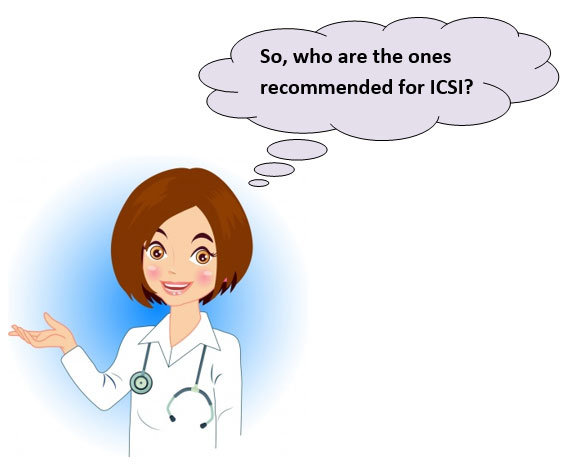
ICSI technique is generally recommended by doctors to :
- Males having a low sperm count.
- Woman who have under gone IVF treatment before and none or only a few eggs fertilized.
- The ones whose sperm quality is poor i.e shape of sperm is abnormal ( poor morphology) and also the movement of the sperm is not normal (poor motility).
- Further, for people who have frozen their sperm before undergoing chemotherapy or radiotherapy.
- Further, for people who have frozen their sperm before undergoing chemotherapy or radiotherapy.
- Also, for male partner suffering from azoospermia. AZOOSPERMIA is a condition where there is no sperm in the male's ejaculation. So people suffering from this are also recommended to go for ICSI.
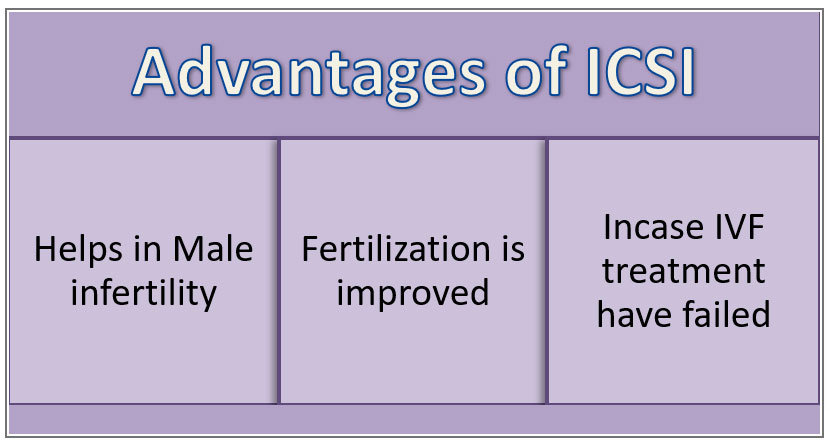
Now surely you must have got an idea about ICSI technique.
But you surely must be wondering what exactly is the procedure for ICSI? Or what are the steps for ICSI technique ?
ICSI is an advance fertility method which falls under ASSISTED REPRODUCTIVE TECHNIQUE in which a singular sperm cell is introduced directly into the egg.
Given below are some of the risk related with ICSI
The success rate of ICSI is high i.e around 50 to 80 percent but it is not necessary that all the fertilized eggs will get developed into healthy embryos. Also, this technique helps in fertilizing egg even if the sperm is not healthy enough which could result in defective embryos.
Further, the risk associated with ICSI is the same as that of children conceived naturally. But the child conceived by ICSI would have very low birth defects, less than 1%. According to researchers, the birth defects can be because of sex chromosome abnormalities, urinary system or genitals defects and lower quality sperm. But there are rare chances that this will happen.
However, the main risk associated with ICSI is actually a risk of IVF itself because of an increased chance of multiple births. This risk can be minimized by cautiously and attentively controlling the number of embryos that are to be transferred in the female's uterus. Multiple births i.e twins, triplets or more than that results in a high rate of risk and complications to both mother and babies.
Precautions to be taken after an ICSI treatment are :
- Smoking should be avoided along with the consumption of alcohol.
- Before taking any medication always consult your doctor.
- Exercises like jogging, aerobics and weight lifting are strictly prohibited.

